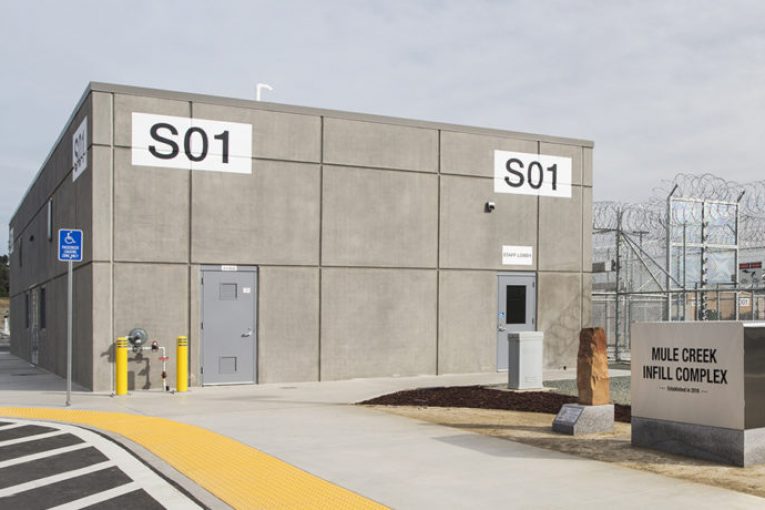

By Jacob Galo Robles
Students on Facility E at the Mule Creek State Prison are preparing to earn their certification in the field of social work and human services (SWHS). Eight students are participating in an internship program provided by Folsom Lake College (FLC) where students learn the importance of developing their professionalism as well as their mentoring skills. Folsom Lake’s internship teaches students how to integrate and practice the helping skills they learned in each of the prerequisite classes of the SWHS program. These classes taught the interns about theories in the helping field, emotional intelligence, self awareness, and a variety of concepts that helped facilitate effective communication between helper and helpee. Interns practice applying those skills to real-world situations by conducting surveys of the facility to determine the residents’ needs and then working on group projects to address those needs. By completing the program, interns become certified as paraprofessionals in the field.
to determine the residents’ needs and then working on group projects to address those needs. By completing the program, interns become certified as paraprofessionals in the field.
The internship program came to Mule Creek in 2016, and graduated its first class on Facility C in 2018. “I was in the pilot program for FLC’s internship,” says Mike Owens, one of the 16 graduates in 2018. “What I got out of [the] internship was an opportunity to act, and be treated, as a helping field professional. I was tasked, turned loose, able to build a program to address a need I felt passionately about; and I was able to see the fruits of my labor. That was very impactful for me.”
In order to qualify for a certificate of completion, students must complete 30 units and a one-year, 216-hour internship. “It was challenging, but not difficult,” says Owens. “The challenge was that it required me to work in a team with people I normally wouldn’t have chosen to work with, and negotiate my bias, learn to collaborate and sometimes delegate. It wasn’t difficult once I applied myself,” he adds. Jerry King, a current internship student, echoed this sentiment. “What’s difficult for me is adjusting to where others are at,” he says, “because each individual come in with a different background, set of skills, and understanding of what a human services professional should be.’:
Eight semesters of classes are required to get into the internship classes – SWHS 366 (Practices in Human Services) and SWHS 367 (Advanced Practices in Human Services)-which are taught on site by Dr. Kalinda Jones. Many of the current interns were recently transferred from Facility C, where they completed the prerequisite classes. To be eligible, a student must have taken Introduction to Human Services; Introduction to Psychology of Human Relations; Cross Cultural Psychology; Introduction to Chemical Dependency; Ethical Issues in Social Work/Human Services; Techniques of lnterviewing and Counseling; Techniques of Group Counseling; and either General Principles of Psychology or Abnormal Psychology.
“The internship is the best thing for you if you want to be a better person and a better helper,” says King.
Jacob Galo Robles is currently incarcerated at the Mule Creek State Prison in Ione, California, serving 75 years to life for a murder he committed at 18. In less than 15 years, he has earned his GED, two associate degrees, and his bachelor’s degree in communication studies from Sacramento State University in 2023. Jacob is a leader in the prison’s Juvenile Diversion Program and a social work intern developing a program to bring narrative therapy to his peers. He has been published in the Mule Creek Post as well as Perspectives from the Cell Block.
